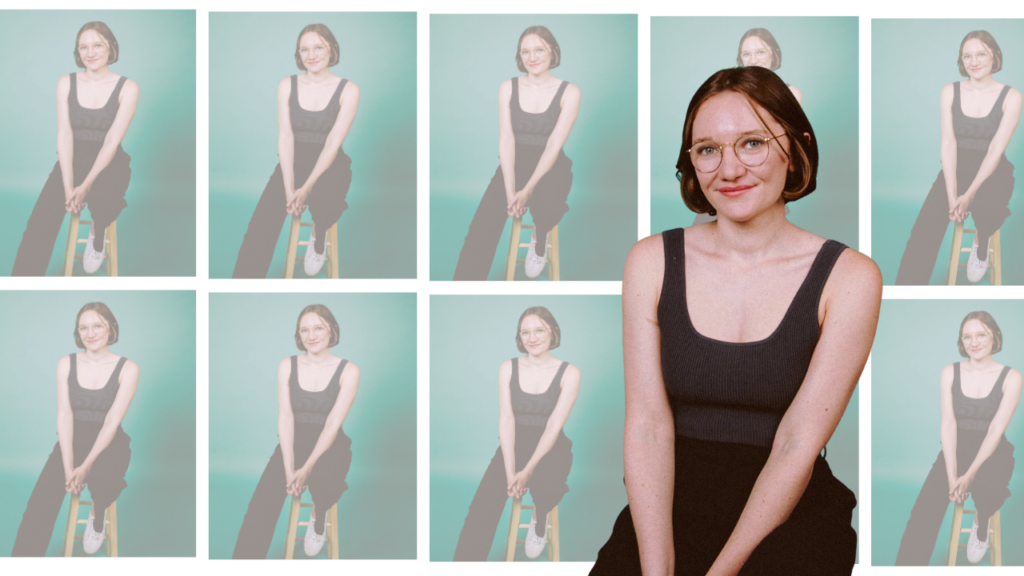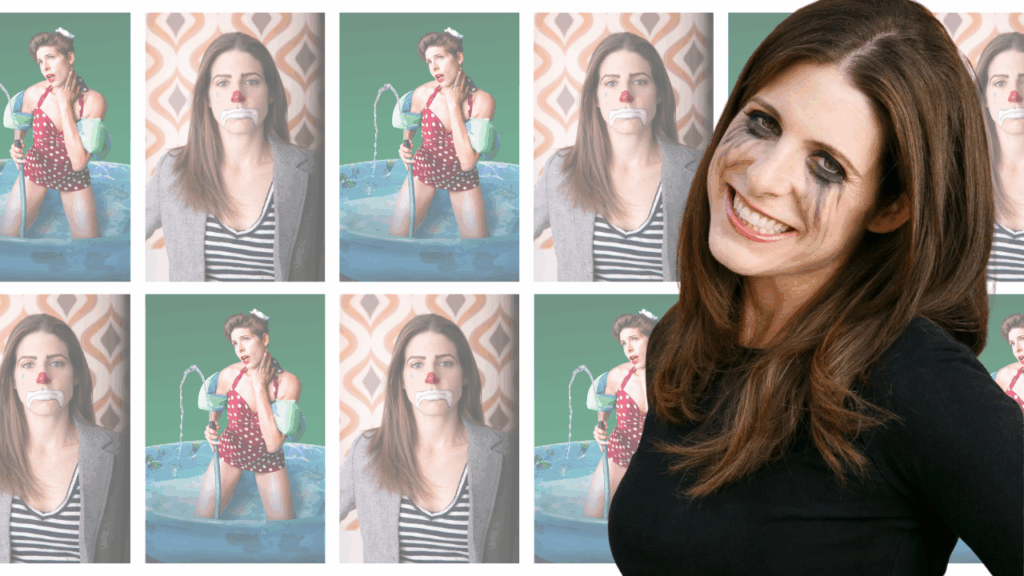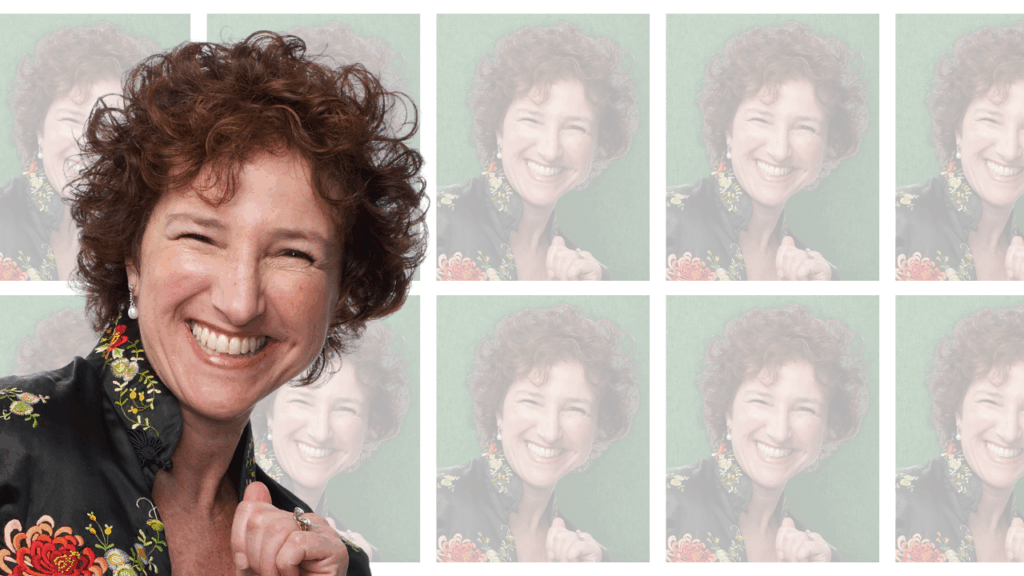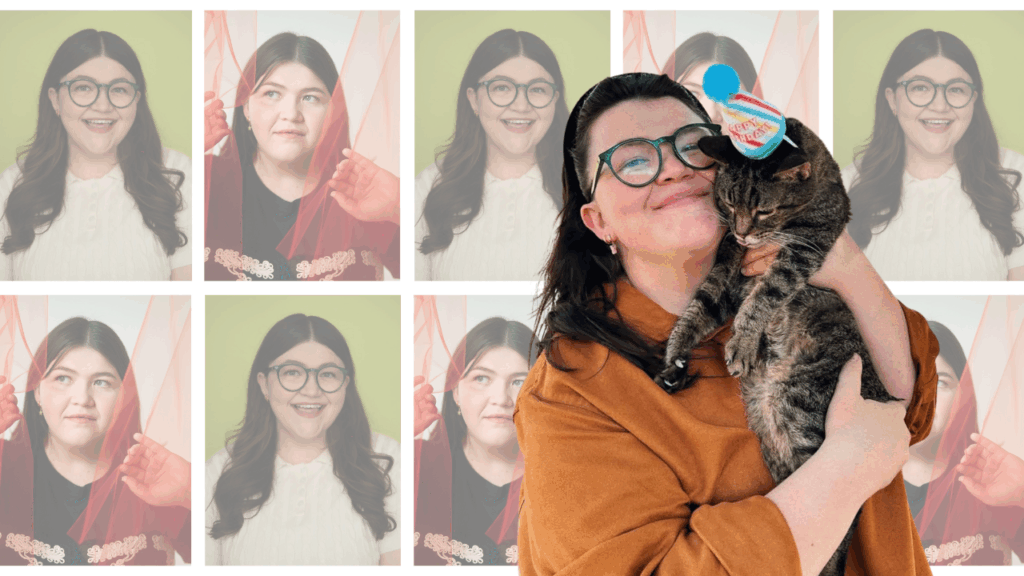Erin Keating has to turn everything funny
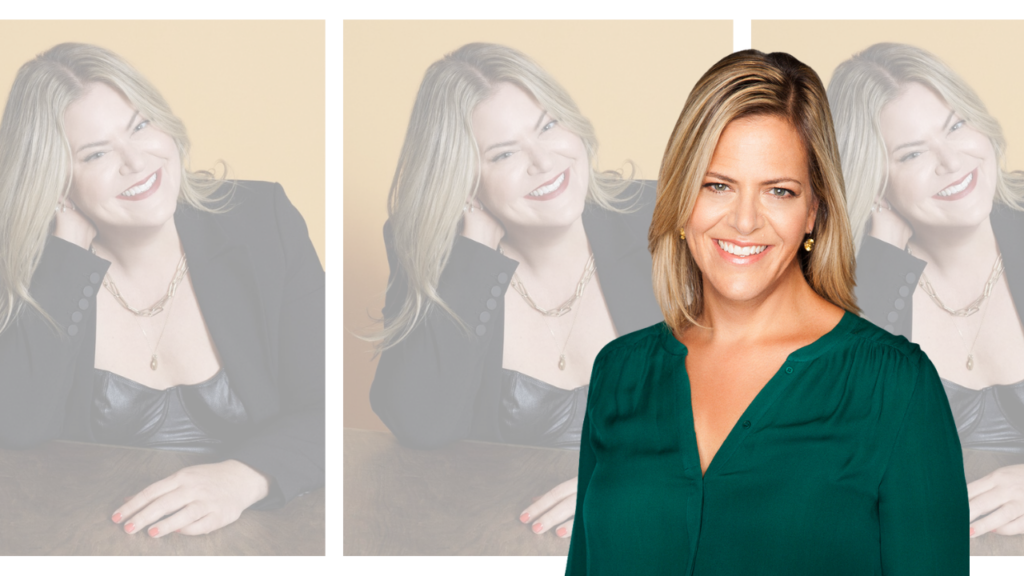
Erin Keating is an award-winning television development and production executive and single Mom to twin tweens living in Los Angeles. With her eyes on the wider content landscape, Erin created Hotter Than Ever to produce media that reflects the authentic, messy, sexy, funny, and inspiring stories of women over forty.
Erin’s passion for smart, brand-defining original programming has led to zeitgeist-shaping shows like Portlandia, along with the first-ever made-for-mobile scripted series. Her career has included senior creative roles at Snapchat, Big Beach TV, IFC TV, and Magna Global Entertainment. She climbed the television ladder at BBC America, NBC, and Comedy Central.
Recent shows created under Erin’s watch have included the Emmy-winning James Corden’s Next James Corden, the WGA Award-winning drama Class of Lies, the WGA Award-nominated thriller Breakwater and the NAACP Image Award-nominated Two Sides. Erin also conceived the drama Vida (Starz), produced the documentary Fatherless (Fusion) and executived the hell out of the iconic sketch series Portlandia (which won a Peabody and a bunch of other fancy statues) along with other comedy, dramedy, and animated series.
Erin grew up in the basement theaters of downtown NYC, where she produced and performed in live comedy shows at venues like The Slipper Room and The Zipper Factory. She started out as an actor, studying theater at Oberlin College, Meisner technique at Ward Studio, and improvisation at The Second City Training Center in New York.

